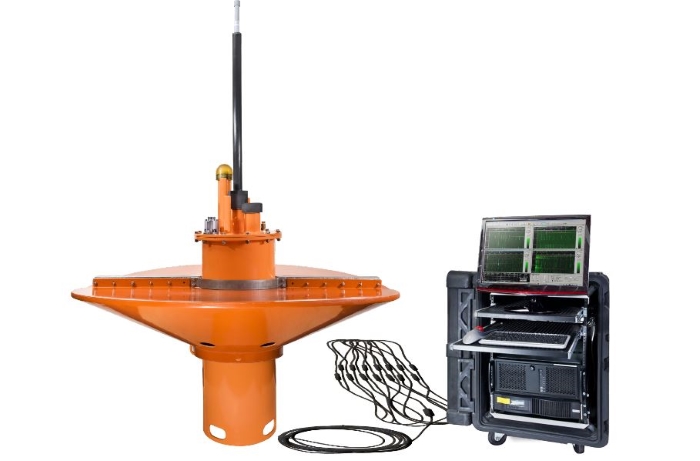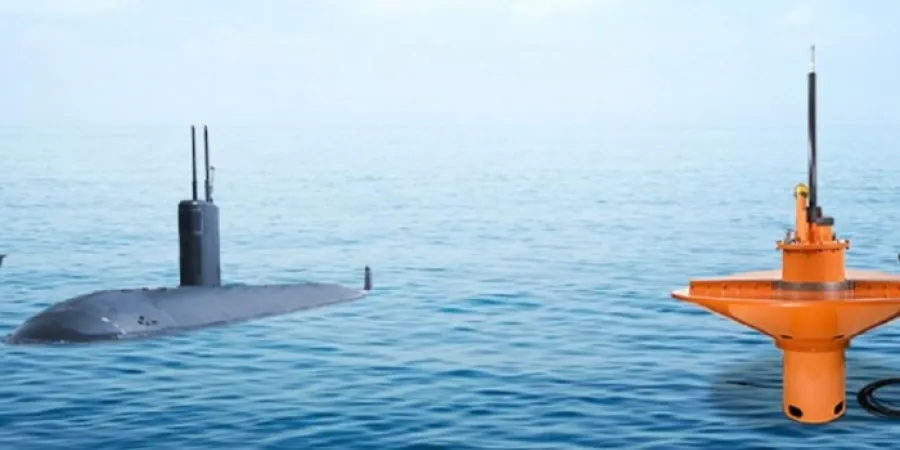DSIT to supply portable acoustic range system to South Korea
The Israeli company's PAR system measures the radiated noise of any maritime platform, on or below the surface, allowing navies and shipyards to monitor and control the noise and silence levels of their submarines and ships
Eyal Boguslavsky
| 15/11/2020
DSIT Solutions Ltd., an Israeli company dealing in underwater defense and security solutions based on advanced state-of-the-art sonar and acoustics technologies for naval, homeland security and energy applications, announced last week that it has been awarded a contract for the supply of its Portable Acoustic Range (PAR) system to the Republic of Korea.
The PAR system measures the radiated noise of any maritime platform, on or below the surface, allowing navies and shipyards to monitor and control the noise and silence levels of their submarines and ships.
The system ‒ which consists of a console and a uniquely designed buoy ‒ continuously tracks the measured platforms and transmits the data in real time to a remote command and control unit, using a wireless Data Link between measurement buoy and measured platform, thus enabling real-time radiated noise measurement and handling.
According to Hanan Marom, DSIT's VP Business Development & Marketing, "The PAR system provides exceptionally high performance combined with simplicity of operation. This state-of-the art system has proven to be the ideal solution for many navies around the world. We are proud to have been selected by the Republic of Korea. The decision to select the PAR system is a significant vote of confidence in our proven underwater signal processing capabilities."

Photo: DSIT
The Israeli company's PAR system measures the radiated noise of any maritime platform, on or below the surface, allowing navies and shipyards to monitor and control the noise and silence levels of their submarines and ships
DSIT Solutions Ltd., an Israeli company dealing in underwater defense and security solutions based on advanced state-of-the-art sonar and acoustics technologies for naval, homeland security and energy applications, announced last week that it has been awarded a contract for the supply of its Portable Acoustic Range (PAR) system to the Republic of Korea.
The PAR system measures the radiated noise of any maritime platform, on or below the surface, allowing navies and shipyards to monitor and control the noise and silence levels of their submarines and ships.
The system ‒ which consists of a console and a uniquely designed buoy ‒ continuously tracks the measured platforms and transmits the data in real time to a remote command and control unit, using a wireless Data Link between measurement buoy and measured platform, thus enabling real-time radiated noise measurement and handling.
According to Hanan Marom, DSIT's VP Business Development & Marketing, "The PAR system provides exceptionally high performance combined with simplicity of operation. This state-of-the art system has proven to be the ideal solution for many navies around the world. We are proud to have been selected by the Republic of Korea. The decision to select the PAR system is a significant vote of confidence in our proven underwater signal processing capabilities."
Photo: DSIT



